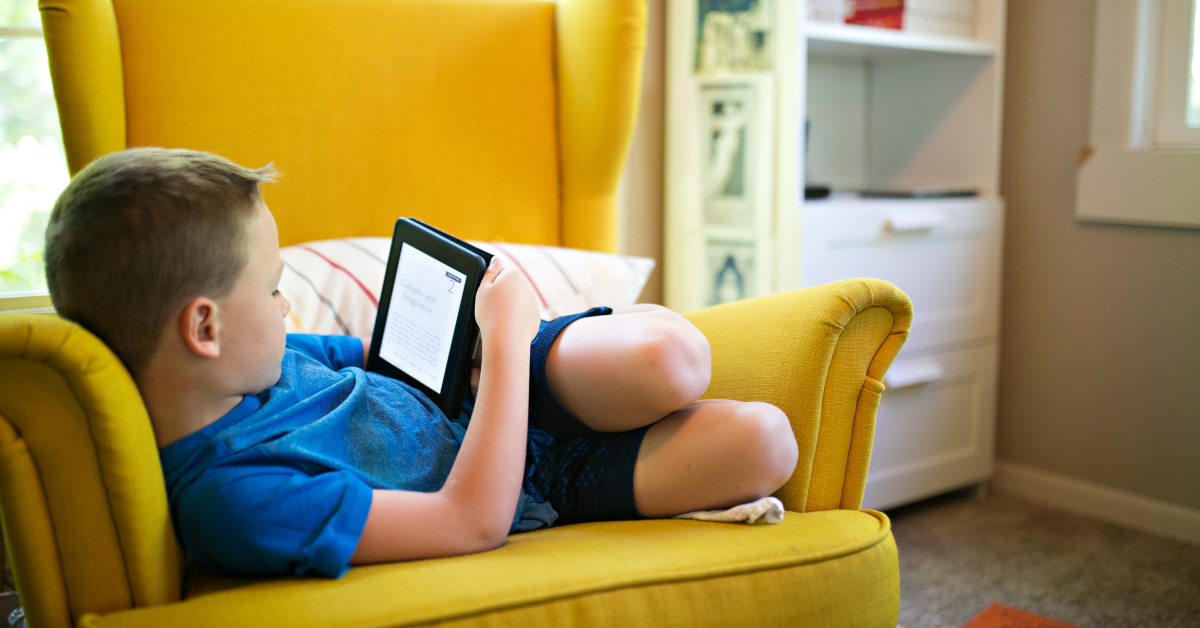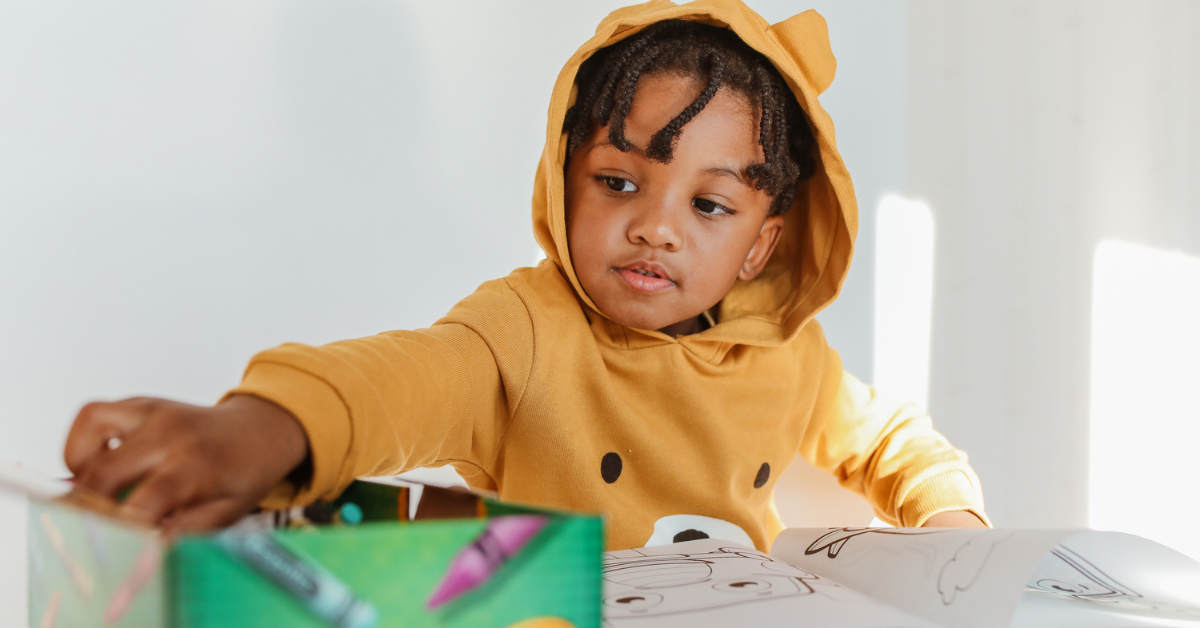
You Don’t Need To Entertain Your Kid
I stood in the doorway between the kitchen and the living room with this question in my brain: do I get the tablet or not?
It had been a long day with ups and downs (trying to leave the playground did not happen without tears today). Right now my daughter was playing, but I knew that as soon as I started dinner prep, she would be right there, wanting to get involved.
Pros & Cons Of “I Want To Help!” Energy
We come across this problem all the time as parents: we’re trying to get something done, like making dinner for the family when our small child comes and wants attention, getting in the way. The little ones want to help, but we get the job done faster by ourselves.
This is where we parents in western cultures make a big mistake: we shoo too often our small child away, telling them to go play with toys or give them the tablet or the phone.
This sends them the message, again and again, that they should not be involved in taking care of the home, these jobs are not for them.
We teach them that they have special VIP status and their role is to be entertained instead (yikes!).
The idea that kids need to be entertained is normalized and reinforced constantly by the culture around us. We want what’s best for our kids, so when we live in a culture that says more is better, we buy into that—literally, with mountains of toys, books, and games that promise to make our children smarter and more creative.
But in our abundant modern world, what if what’s best for them is actually less?

Not Being Entertained By the Tablet
What happens if we take that fabulous young child energy of “I want to help!” and say YES?
I’m going to suggest a radical notion here: that your everyday life of making breakfast, setting the table, cleaning the dishes, walking the dog, doing the laundry—even doing your work—may be all the stimulation your child needs.
I have another radical notion for you: it’s good for your child to be bored.
Many of us shrink in horror at the thought of our child whining, “I’m bored!” We see their boredom as a problem to be solved. It’s not.
If we respond to our kids’ boredom by providing technological entertainment or structured activities, it teaches kids that they are not part of the team, and they don’t have opportunities to tap into their imaginations. Think of boredom as a precursor to creativity.

Protect Unstructured Time
Our children need unstructured time to be able to hear their own inner voices and to explore their own passions, which is how they grow and develop their unique interests.
If we keep them busy with lessons and structured activity, or if we “fill” their time with screen entertainment, they never learn to initiate the kind of deep, creative play that helps them know themselves.
When we give our kids screen time in order to get stuff done around the house, not only do we teach them not to help, we are reducing their ability to do this kind of deep, creative play in the real, non-screen world.
I encourage you to limit screen time so that your child can instead build their inner resources—their energy, creativity, interests, resiliency—as well as become a more helpful member of the home.
Give your child some unstructured, non-screen time and you will see them rise to the occasion (after some minor complaining) and find something interesting to do with it. Without the overwhelming stimulation of screen time or too many toys, our children can be “entertained” by daily life.
Bring Your Child Into Home Life
Rather than structuring your time around child-centered activities, try to bring children into your adult life. Children can watch while you do chores around the house and get involved in small ways.
Folding laundry? Let your child play under the towels. Do they need to be put away after? Show your child how you fold and bring the towel to the shelves. Want to go for a picnic or a hike? Bring your child and adjust the level of activity so they can be involved. Yes, this takes more time, but instead of moving at our fast, adult pace, we can slow down and make the everyday activity the main event.
Instead of feeling responsible to entertain your child, consider the time when they are young as a chance to slow down and do less—to instead focus on your daily life at the slower pace of childhood.
You don’t have to be the entertainer: just live your daily life and bring your child along for the ride.
Try it out:
Take half a day where you schedule nothing and simply include your child in everyday tasks. Notice how you feel: it may be hard to slow down, and that’s okay. Practice letting go of perfection and focusing instead on loving connection with your child.
I hope this is helpful. Do you want to go deeper? I’ve written a whole book about changing your mindsets and creating a relationship with your child based on love and mutual respect. Raising Good Humans Every Day gives parents 50 in-the-moment mindfulness-based strategies to stop generational parenting patterns of ordering and threatening, and start to cultivate closer, kinder, more cooperative relationships with their children day to day.
📭 Share this post with a friend who could use some help
